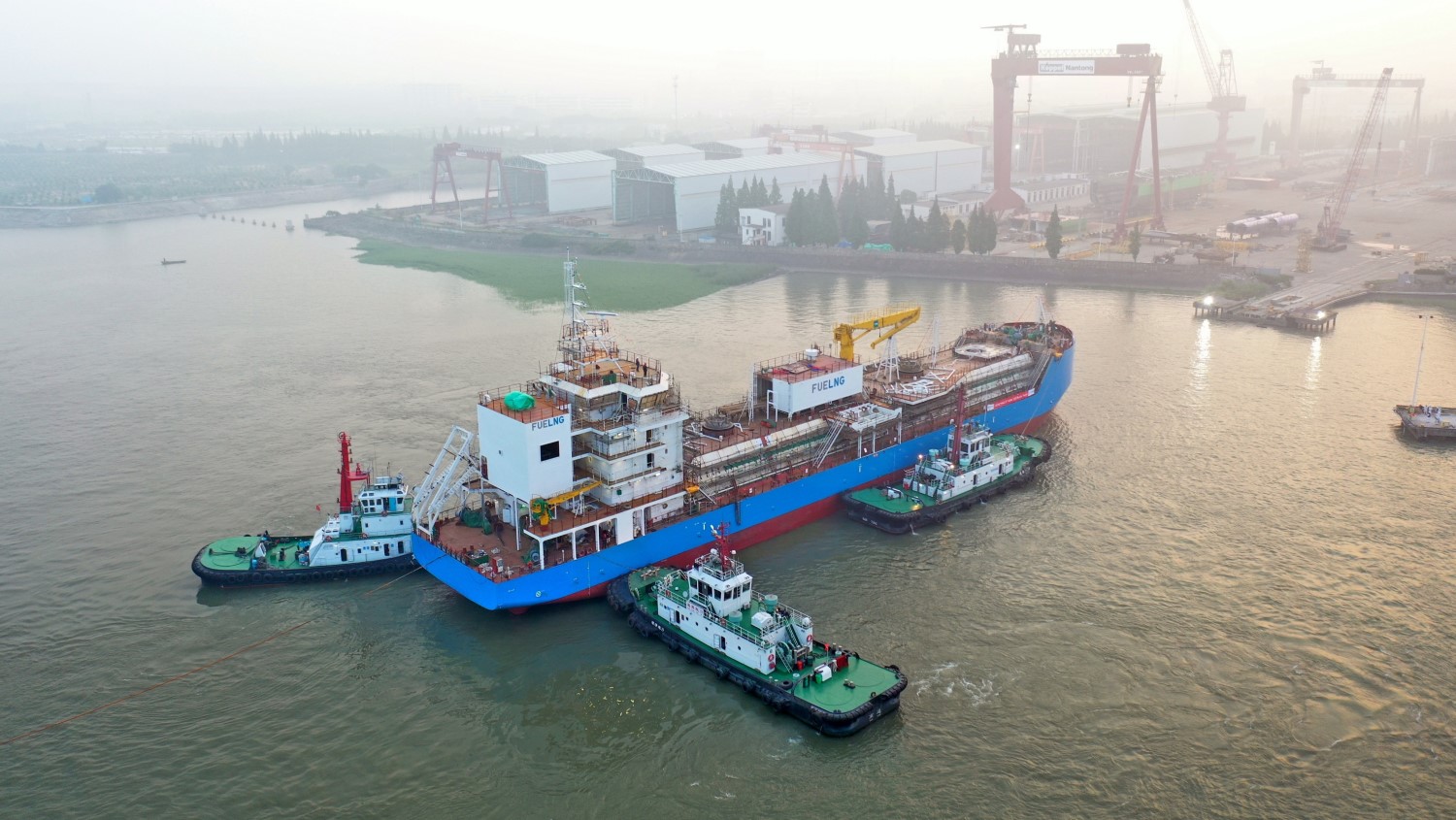BHP has awarded its first LNG supply agreement for five LNG-fuelled Newcastlemax bulk carriers, which will transport iron ore between Western Australia and China from 2022.

Shell has been awarded the contract to fuel the vessels, which BHP will charter from Eastern Pacific Shipping (EPS) for five-year terms.
BHP Chief Commercial Officer, Vandita Pant, said: “The LNG bunkering contract marks a significant step in how BHP is working with our suppliers to reduce emissions across the maritime supply chain.”
“LNG fuelled vessels are forecast to help BHP reduce CO2-e emissions by 30 per cent on a per voyage basis compared to a conventional fuelled voyage between Western Australia and China, and contribute to our 2030 goal to support 40 per cent emissions intensity reduction of BHP-chartered shipping of our products.”
Steve Hill, Executive Vice President, Shell Energy, said: “I would like to congratulate BHP on reducing emissions in their maritime supply chain with the world’s first LNG-fuelled Newcastlemax bulk carriers. Decarbonisation of the shipping industry must begin today and LNG is the cleanest fuel currently available in meaningful volumes.”
“This LNG bunkering contract strengthens the bunkering market in the region and we look forward to working with BHP and other customers in the maritime sector on their journey to a net-zero emissions future.”
The contract is the result of a tender process that included potential suppliers across several geographies. Technical capability, available infrastructure and cost competitiveness were among the stringent criteria.
LNG bunkering – the process of fuelling ships with LNG – will take place through the first LNG bunker vessel in Singapore, “FueLNG Bellina”. The vessel is operated by FueLNG, a joint venture between Shell Eastern Petroleum and Keppel Offshore & Marine. The bunker vessel will be able to bunker fuel at a rate of 100-1,000 cubic metres per hour.
“The LNG bunkering contract will enable BHP to manage fuel supply risk, build LNG operational capability internally, and also help to strengthen the emerging LNG bunkering market in the region. This contract is expected to form up to 10 per cent of forecasted Asian LNG bunker demand in FY2023,” said Ms Pant.
Source: BHP